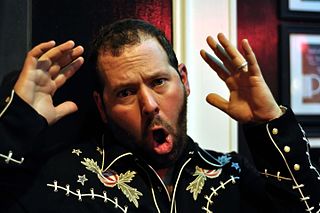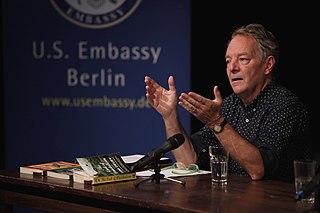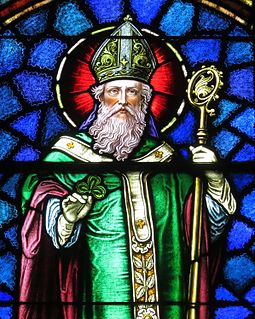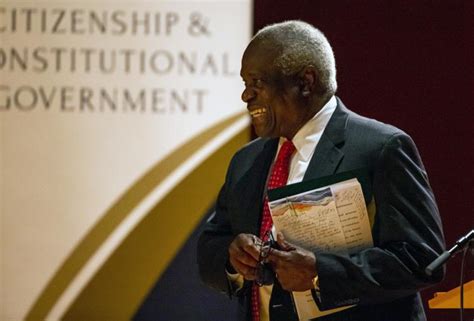A Quote by Larry McMurtry
I remember that the single most vicious letter I ever read was the letter Hemingway wrote Scribners when they asked him to give a blurb for From Here to Eternity. It's there, in the Selected Letters for all to read, an example of a once great writer at his very worst. I doubt that he ever forgave Scribners for publishing James Jones in the first place. War, as Hemingway saw it, belonged to him.
Related Quotes
I will not be quoting Hemingway anytime soon, nor will I ever read another one of his books. And if he were still alive, I would write him a letter right now and threaten to strangle him dead with my bare hands just for being so glum. No wonder he put a gun to his head, like it says in the introductory essay.
I read some older books when I worked at Barnes And Noble, like some of the American classics. I read a lot of Hemingway. I fell in love with Hemingway's prose and with the way he wrote. I feel like he's talking to me, like we're in a bar and he's not trying to jazz it up and sound smart, he's just being him.
And there I saw in the night the vision of a man....coming as it were from Ireland, with countless letters. And he gave me one of them, and I read the opening words of the letter, which were, The voice of the Irish...and as I read the beginning of the letter I thought that at the same moment I heard their voice - they were those beside the Wood of Voclut, which is near the Western Sea - and thus did they cry out as with one mouth: We ask thee, boy, come and walk among us once more.
He read the letter again, but could not take in any more meaning than he had done the first time and was reduced to staring at the handwriting itself. She had made her g's the same way he did : he searched through the letter for every one of them, and each felt like a friendly little wave glimpsed from behind a veil. The letter was an incredible treasure, proof that Lily Potter had lived, really lived, that her warm hand had once moved across this parchment, tracing ink into these letters, these words, words about him, Harry, her son.
Someone asked me if I would like to write a man on death row, be a pen pal, and I was like, sure. I volunteered. I had been in a place in my life - a relationship had ended; my parents were getting elderly - I was kind of adrift. The name that was given to me, just randomly, was Todd Willingham. And he wrote me a letter, and in this letter, he thanked me for writing him and [said that] if I would like to visit, he would put me on his visitor list... I was just really struck by the letter from Todd. It was very polite; it was very kind.
Do you think that Hemingway knew he was a writer at twenty years old? No, he did not. Or Fitzgerald, or Wolfe. This is a difficult concept to grasp. Hemingway didn't know he was Ernest Hemingway when he was a young man. Faulkner didn't know he was William Faulkner. But they had to take the first step. They had to call themselves writers. That is the first revolutionary act a writer has to make. It takes courage. But it's necessary
I hadn't heard the Gary Cooper thing so I'm not grounded now. I feel pretty good. That's incredibly nice. When I met Robin [Williams] at the read-through, I remember when he came in, I was so nervous meeting him for the first time is incredible because I did actually write him a letter when I was a kid and told him he was my favorite actor.
The most famous self-made man in the world today is our own Edison. Talk with Mr. Edison and he will tell you he owes much if not most of his success to omnivorous reading. Forbes is one of his favorite publications. How closely he reads it can be gathered from a letter just received from him in which he asks the editor to forward a long analytical letter to the writer of a series of articles which contained two figures Mr. Edison questions, and he wants to know exactly on what authority or investigation they were based. Both letters were the product of Mr. Edison and were signed by him.






































